With many years of in-depth research on the traditional relationship between Vietnam, Laos and Cambodia, scholar Uch Leang shares about the spirit of solidarity and fighting among the three Indochinese peoples in the struggle for independence, as well as Vietnam's outstanding achievements in development after the country's reunification.
From spontaneous struggle to the strength of united alliance
Turning back the pages of history, on the Indochina peninsula, where the three ethnic groups of Vietnam, Laos and Cambodia have lived together for centuries, the close and close neighborly relationship has created a deep bond in history, culture, fate, destiny and even mission. When the French colonialists invaded each country and then imposed their domination on the whole of Indochina, that bond became the driving force for a special fighting alliance - a fighting alliance for the goal of repelling foreign invaders, repelling the common enemy to regain independence, freedom and territorial integrity for each country. This fighting alliance was not formed by external imposition, but it came from the inevitable needs of the oppressed peoples themselves, sharing the same aspiration for independence and freedom.
Agreeing with the view that the alliance between the three countries was formed very naturally, as an objective necessity, a law of existence. Scholar Uch Leang said: “It is the side-by-side, common front that creates the combined strength, contributing to the decisive victory of the cause of national liberation. Without the solidarity and mutual support, the three countries can hardly overcome the great challenges of the struggle for independence”.
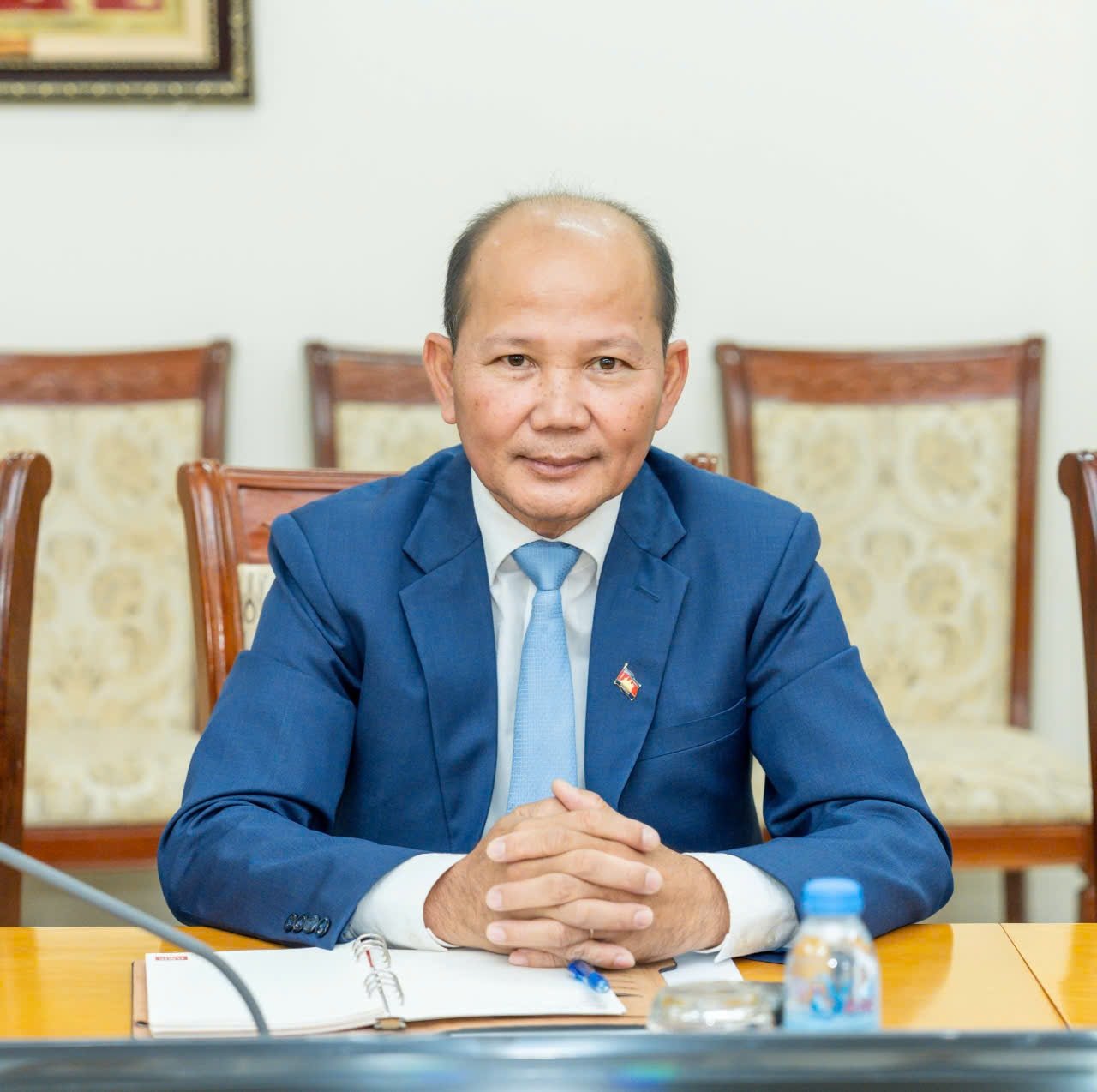 |
Scholar Uch Leang, Acting Director of the Department of Asian-African and Middle Eastern Studies, Institute of International Relations, Royal Academy of Cambodia, President of the Association of Cambodian Alumni Studying in Vietnam. |
This solidarity and alliance in combat is also full of hardships and ups and downs, but it is always moving and changing according to each historical period. In the early stages when France invaded Indochina, turning the three countries of Vietnam, Laos, and Cambodia into colonies, they exploited and plundered the people of Indochina to the point of exhaustion. With a spirit of courage and bravery, determined not to be slaves, the people of the three countries rose up to fight against French colonialism. From here, certain very natural connections in the resistance war between the people of the three countries also began to kindle like "sparks of fire in the dark night".
The struggle of the people of the three countries in the early period against French colonialism also made some echoes, demonstrating the will to fight against foreign invaders, awakening the patriotism of the people of Indochina. However, due to its local nature, not yet united into a broader anti-French movement, especially lacking a correct political line, it was not able to mobilize the solidarity of the people of the three Indochinese countries to carry out the struggle to overthrow the domination of French colonialism, and gain independence for each country.
The red thread running through the Indochina revolution
In the context of the independence movement in Vietnam, Laos and Cambodia being fragmented and lacking direction, the birth of the Communist Party of Vietnam (later renamed the Indochinese Communist Party, October 1930) founded by President Ho Chi Minh opened a new era for the Indochinese revolution. According to scholar Uch Leang: “The Party gathered the revolutionary forces of the three countries, played a pivotal role in the struggle for national liberation, and laid the foundation for the later united fighting alliance.”
Under the leadership of the Indochinese Communist Party, the revolutionary movements in all three countries gradually overcame their fragmented and local nature, and unified the goal of “national liberation is the top priority”. This became the red thread running through all political activities and armed struggles. It was not just a formal coordination, but a strategic, life-and-death connection of peoples who shared the same desire for freedom.
From the perspective of a historical researcher, scholar Uch Leang observed that the victory of the August Revolution in 1945 in Vietnam spread the revolutionary spirit throughout Indochina. Under the leadership of the Indochinese Communist Party, the uprising to seize power in Laos broke out and won (October 1945); in Cambodia, the struggle movement also developed strongly, forcing the French colonialists to return independence on November 9, 1953. Although in 1951, each country established its own Party, the solidarity relationship did not decline but became increasingly strong, especially in the resistance war against the US to save the country. The harmonious coordination between the three revolutionary forces created a unified front throughout Indochina, crushing all the enemy's schemes of division and isolation.
Originating from the spirit of solidarity against the French, the three nations won independence together, laying the foundation for a strategic relationship in the resistance war against the US to save the country. It was the side-by-side in the same trench, where every victory or sacrifice was the most common result. According to scholar Uch Leang, this spirit of solidarity continues to be preserved by the three Parties and three States, becoming a priority in the foreign policy of each country. Propagating and educating the younger generation about the traditional friendship between the three countries is a strategic task now and in the future.
50-year journey of development of a resilient nation
Reviewing the golden pages of history in Vietnam's struggle for national liberation, scholar Uch Leang expressed his admiration for the indomitable will and aspiration for independence and freedom of the Vietnamese people. According to him, after the victory of the August Revolution in 1945, the Vietnamese people continued to enter two long and great resistance wars against French colonialism and American imperialism, culminating in the Great Victory of Spring 1975, liberating the South and unifying the country.
Cambodian scholars assert that the victory on April 30, 1975 not only ended the war, regained independence and territorial integrity for Vietnam, but was also one of the greatest victories of the 20th century for humanity; a brilliant symbol of revolutionary heroism. This was also a strong blow to imperialism, contributing to encouraging national liberation movements around the world.
“Vietnam’s victory is a convincing testament to the strength of the will for independence, freedom and the desire for social justice of oppressed peoples. The defeat of US imperialism right in Southeast Asia profoundly changed the world’s geopolitical situation, causing global shock and weakening the powerful imperial system…”, scholar Uch Leang especially emphasized.
On the occasion of the Vietnamese people celebrating the 50th anniversary of the “reunification of the country”, scholar Uch Leang also looked back on the journey of nearly a century since the founding of the Communist Party of Vietnam (1930) and nearly 40 years of renovation. He expressed his impression of the remarkable achievements that the Vietnamese people have made in the fields of economy, culture, society, national defense, security and foreign affairs... That is a testament to the correctness and flexibility of the Party's leadership. In particular, the choice of the socialist development path in accordance with practical conditions and the aspirations of the people has transformed Vietnam from a poor and backward country into a developing country.
In addition, political stability, the fight against corruption, streamlining the apparatus, and institutional reform have built people's trust in the Party and the State. Vietnam is firmly on the journey of rapid and sustainable development, taking science and technology, innovation, and digital transformation as key driving forces.
Scholar Uch Leang also mentioned the goal of Vietnam becoming a modern industrialized country with high average income by 2030 and a developed, high-income country by 2045 - a strategic aspiration of the entire nation. He affirmed that this is also a testament to the spirit of solidarity and aspiration to rise of a nation that has experienced war but has never been defeated.
Through the sharing of Cambodian scholars, we are even more proud of our nation. After 50 years since the country was reunited, Vietnam is steadily moving forward on the path of building a strong, prosperous and happy country, determined to successfully realize the dream of a rich people, a strong country, democracy, equality, civilization... of President Ho Chi Minh and many generations of fathers and grandfathers who sacrificed for the independence and freedom of the Fatherland.
DOAN TRUNG - DUY HOAN
* Please visit the Politics section to see related news and articles.
Source: https://baodaknong.vn/viet-nam-hom-nay-goc-nhin-tu-hoc-gia-camuchia-250571.html


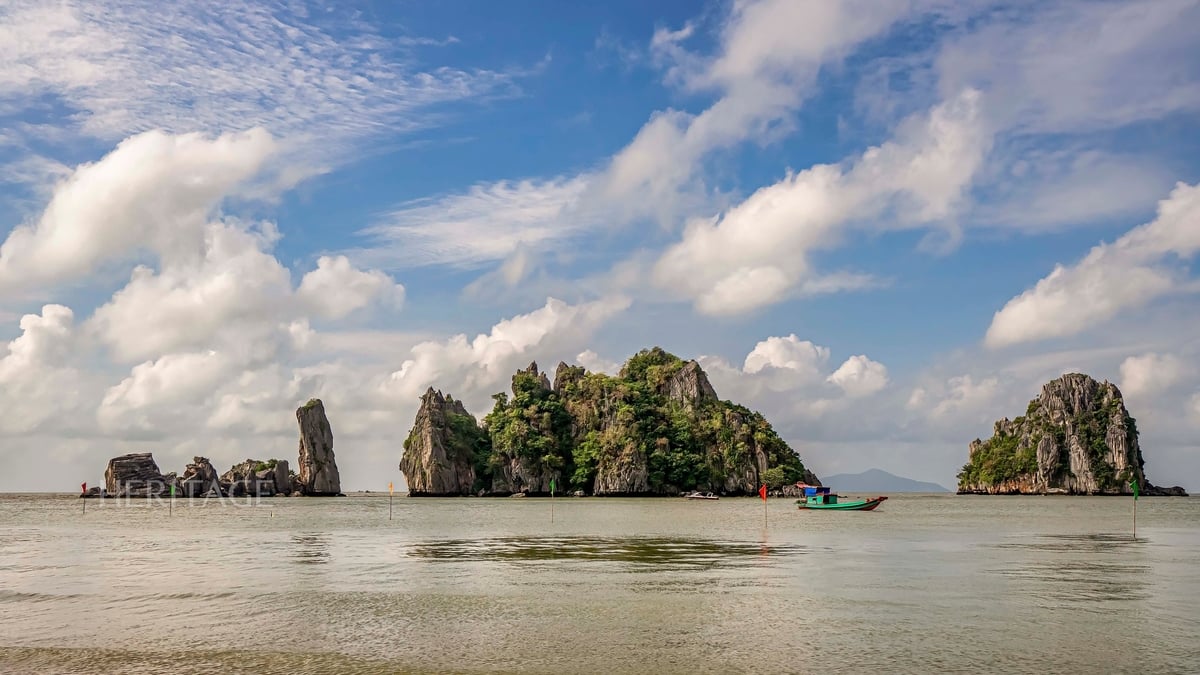

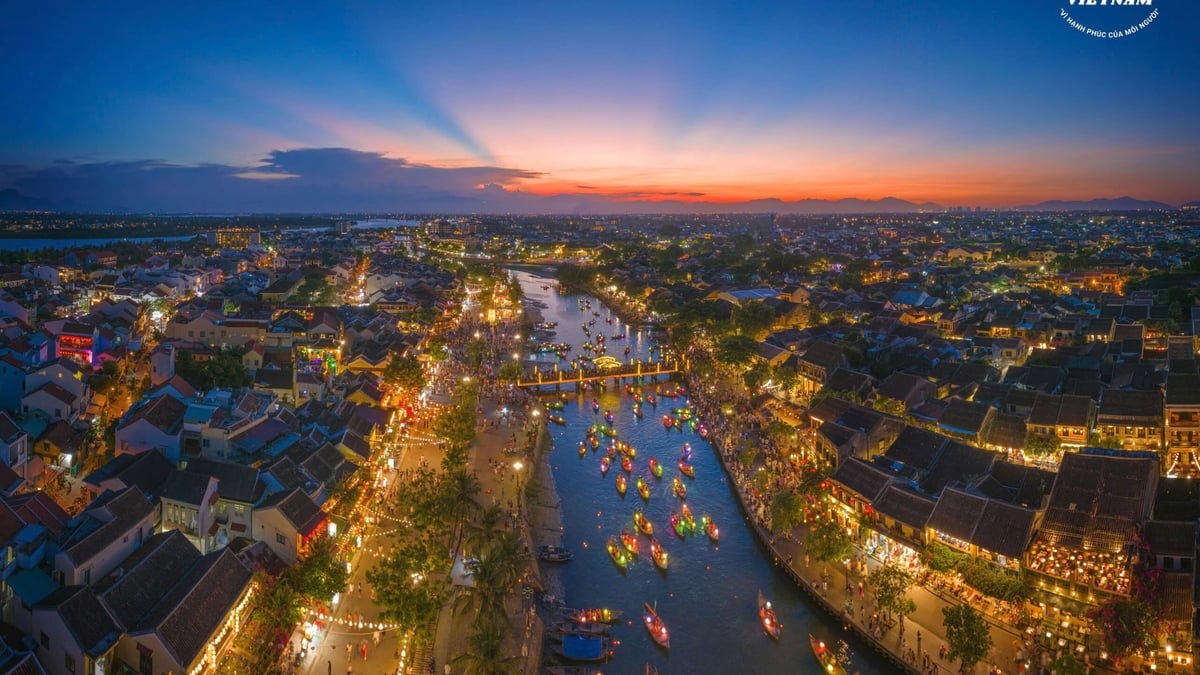





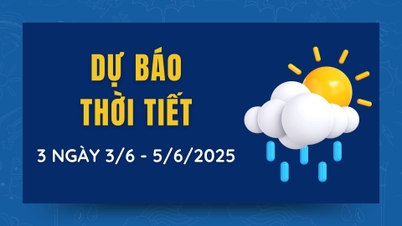

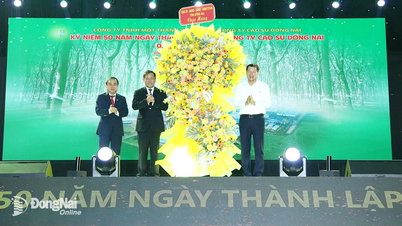

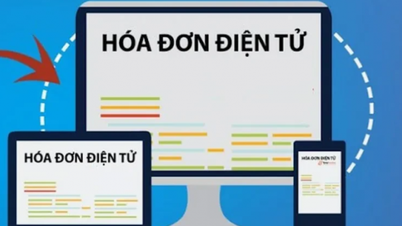
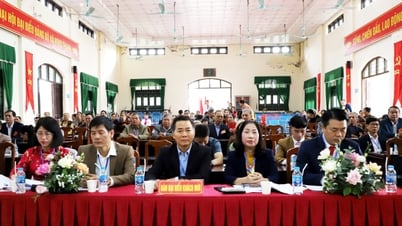








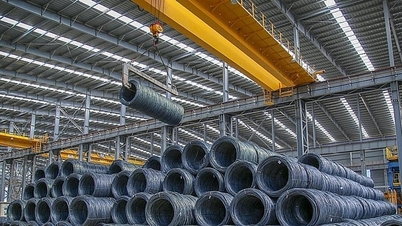


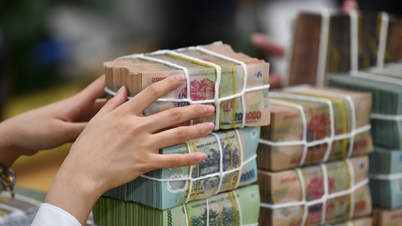
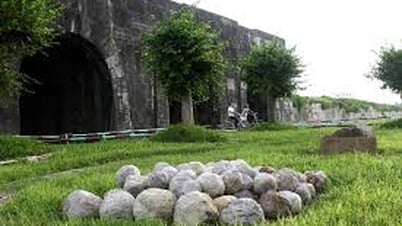

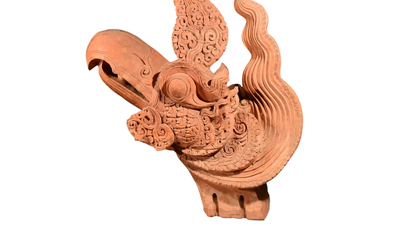

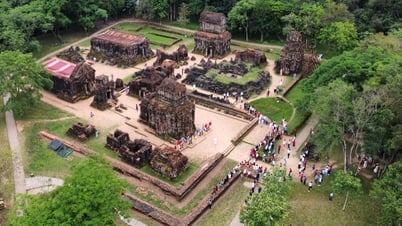



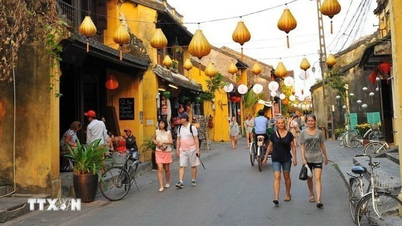

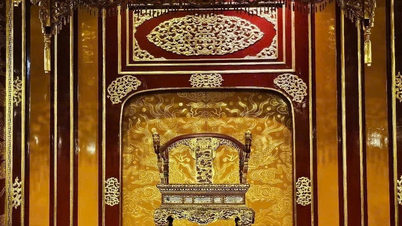



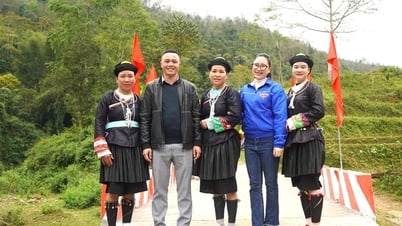

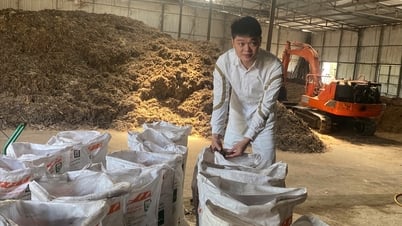

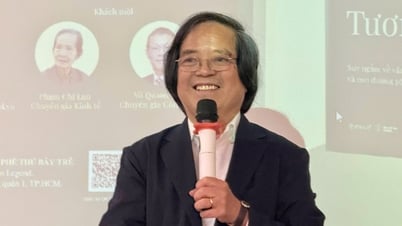



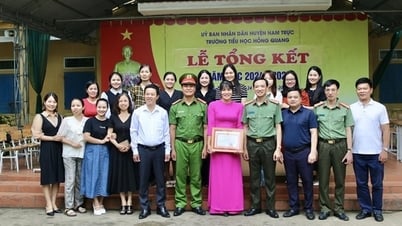




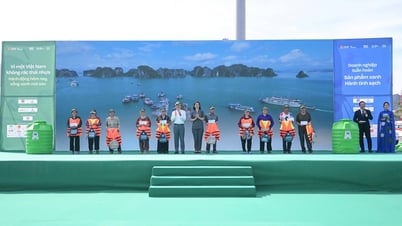

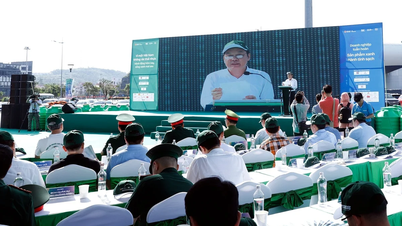
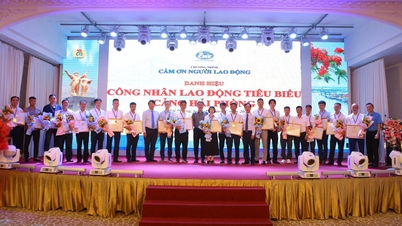
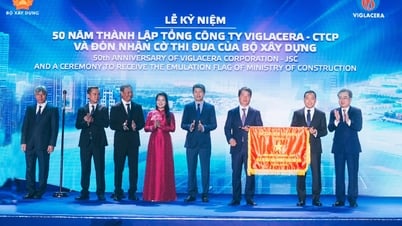

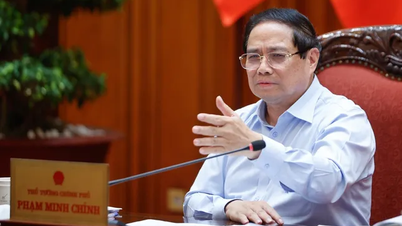

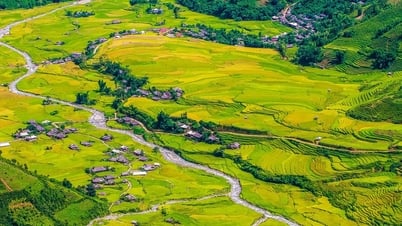



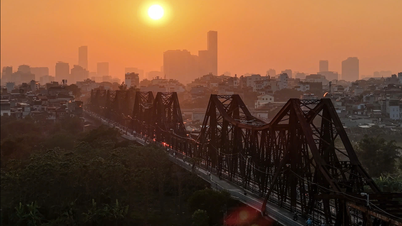




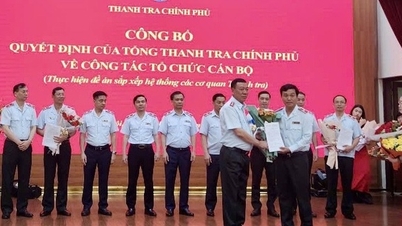
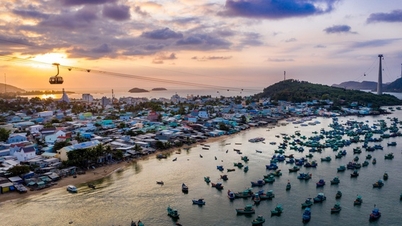
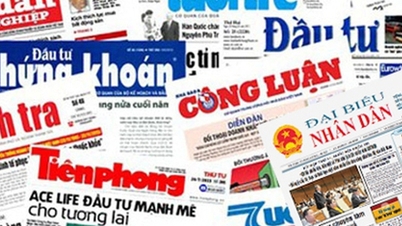
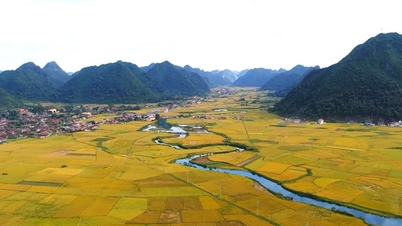
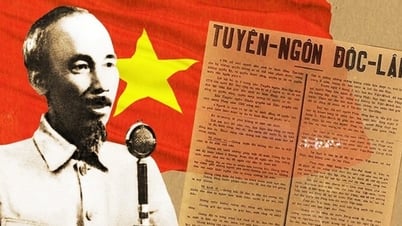
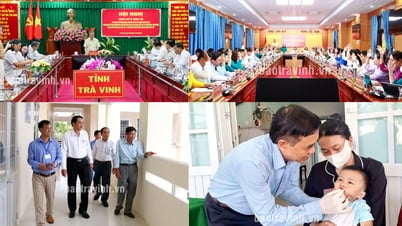
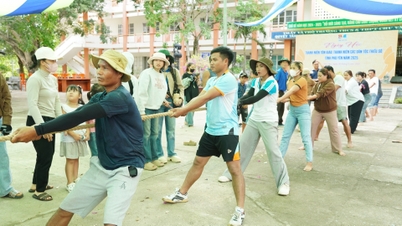

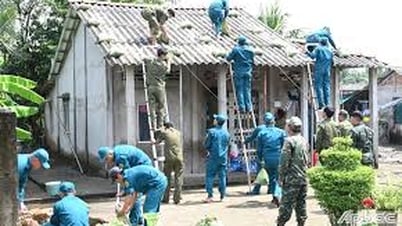

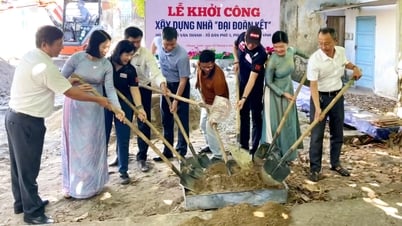

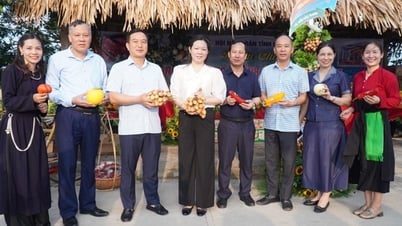

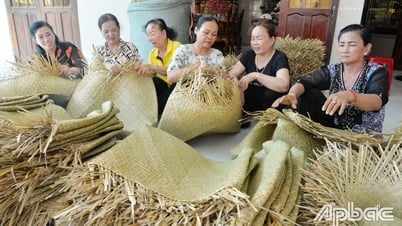







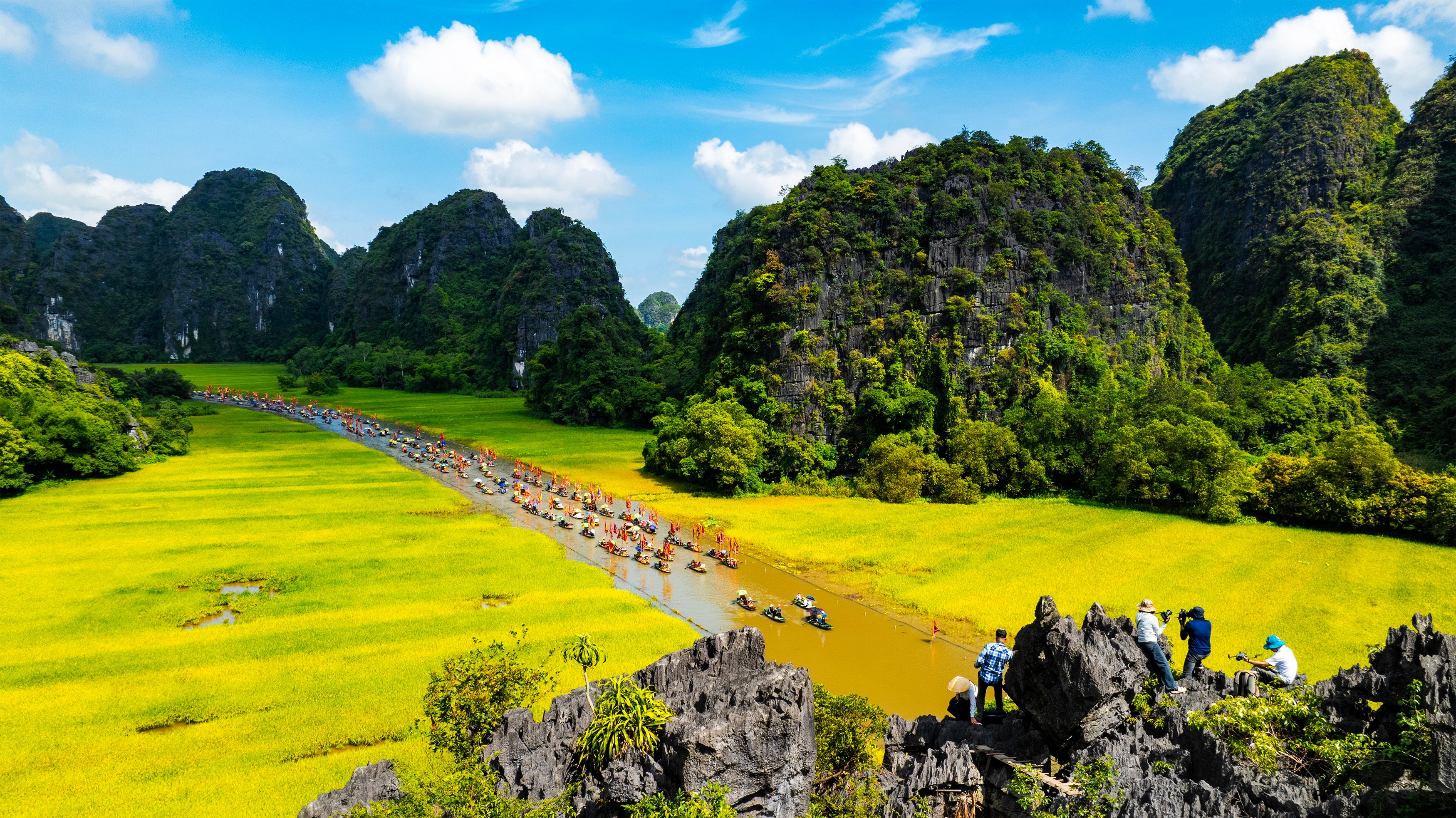

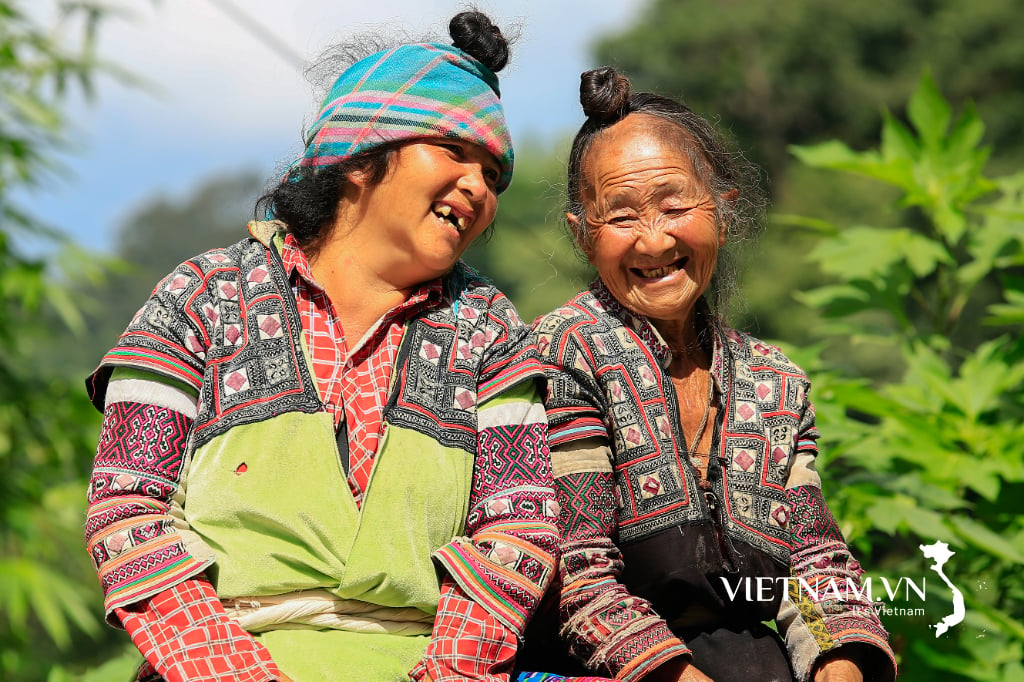
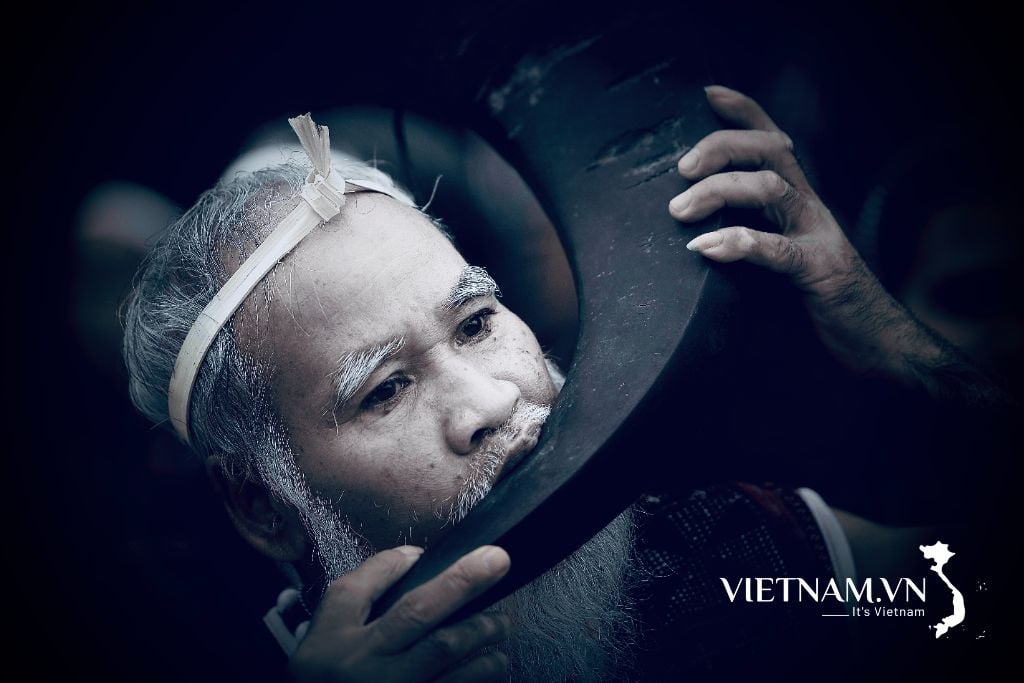
Comment (0)